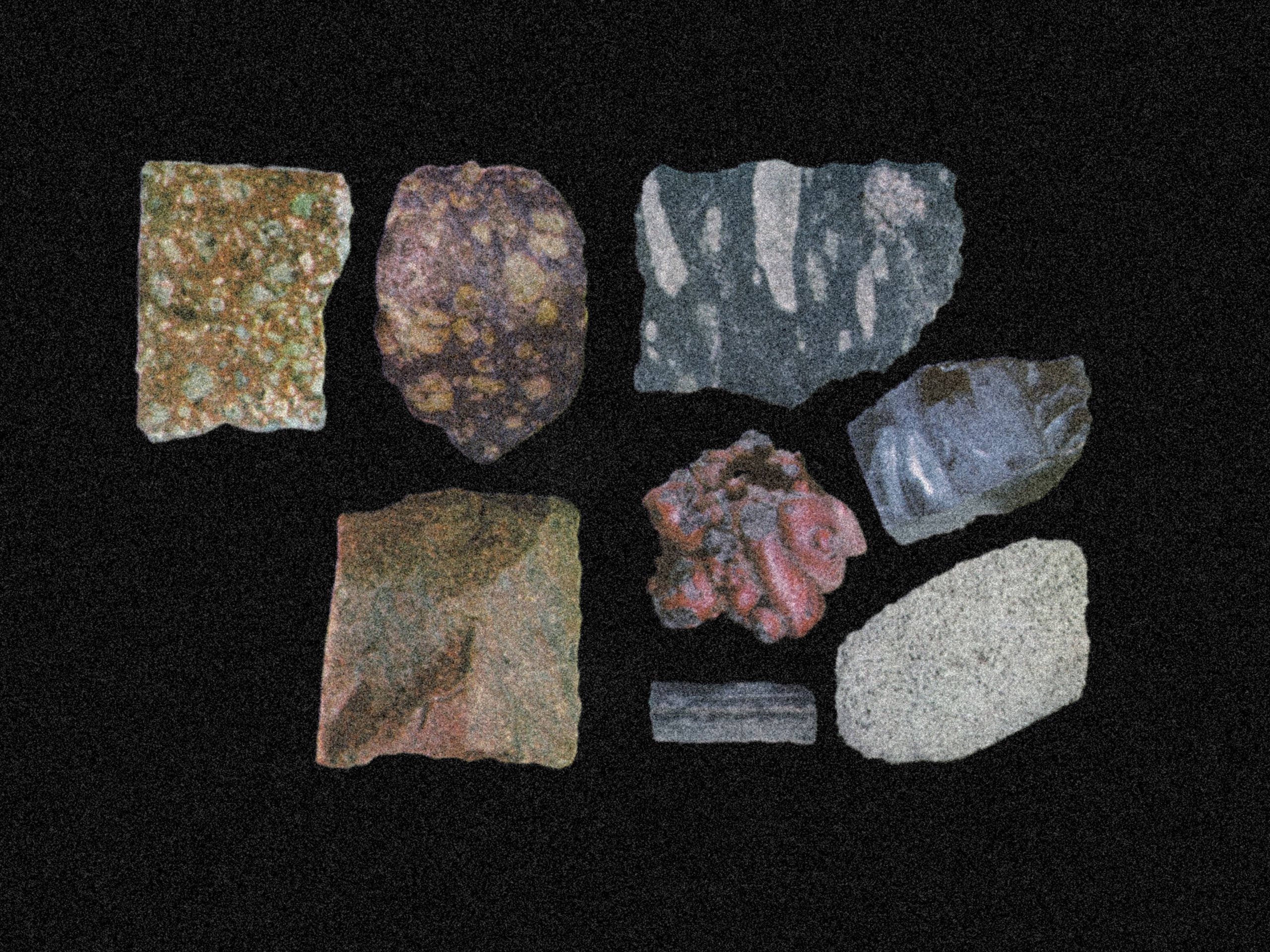The three-part film takes place in a world inhabited only by women. A little girl lives with her mother, who always gets back home utterly exhausted. Over time, the mother’s body turns into stone. The girl walks through an old forest scarred by traces of a bygone war. She discovers an abandoned dugout, where she hears mysterious voices from the past. Her journey intertwines with that of other women from different generations, who in pursuit of higher ideals, make sacrifices that no one can truly appreciate.

I can feel you breathing into my palm, I Can Feel You Breathing Into My Palm
Alexandra Karelina
70’
- Status
- Director
Director’s statement
I Can Feel You Breathing into My Palm is an exploration of how female bodies carry the intergenerational impact of war, reinforced by political narratives of self-sacrifice. The story centres on a woman torn between private childhood memories – marked by both care and violence – and social demands from a state that appropriates her pain as ideological fuel. Blending fiction with Soviet newsreels from the 1930s to the 1970s, featuring new mothers in labour, schoolgirls, and factory workers, the film shows how war leaves indelible traces on women’s bodies, which they can pass on. I want to create a setting where the protagonist, driven by distress and political pressure, paradoxically pushes self-denial to the extreme, giving up her existence, body, and identity – and thus freeing herself from the heavy load of her legacy. Inspired by the echoes of WWII resonating through my family and the devastating impact of Russia’s war with Ukraine, the film unfolds as a poetic meditation on the trans-generational transmission of war trauma and the ways it affects women’s bodies and identities. The metaphor of turning into stone highlights the unseen burdens of female reality in an era of escalating conflicts, making it, in my view, a compelling and relevant work for global audiences today.
Technical sheet
- Production:Eversince Gmbh (Pavel Karykhalin, Sergey Yakhontov : pavel@eversince.tv ; @ifp.ge)
Denapa SAS (Vladimir Nadein, Anton Kurilchik : studio@vladimirnadein.com ; hello@denapa.studio) - Budget:163 600 €
- Acquired budget:73 620 €
- Funds:ENSAD Nancy Pause programme
- Shooting countries:Georgia, France, Germany